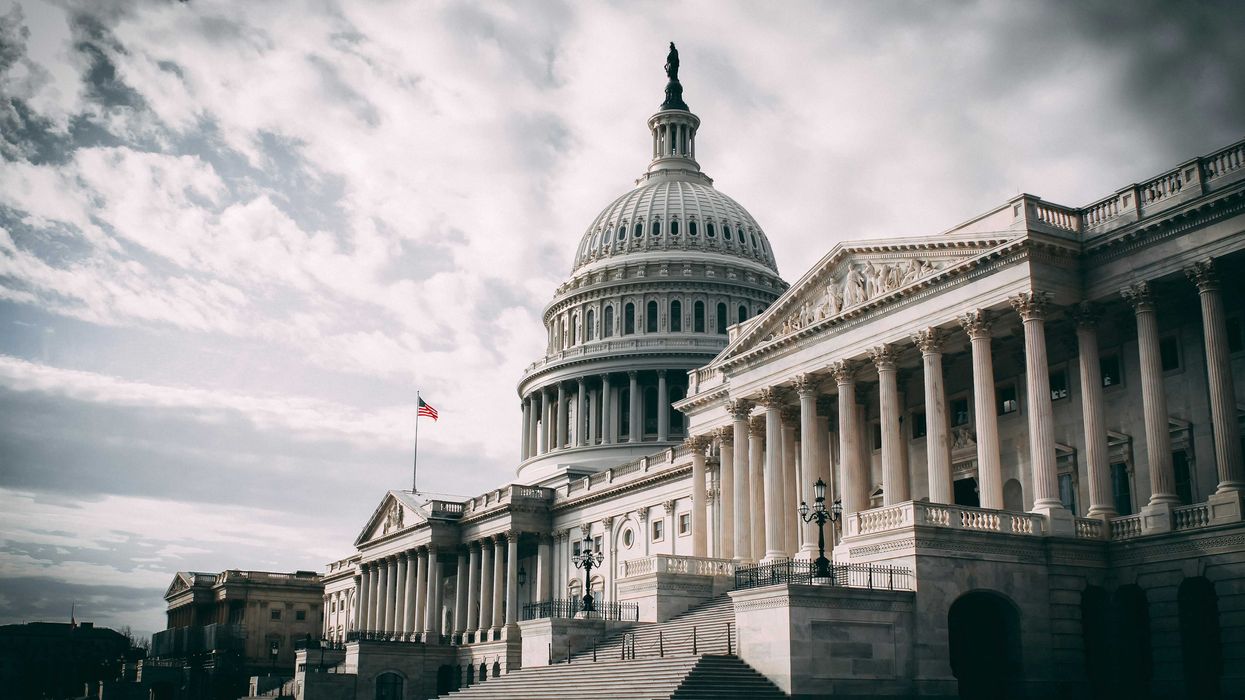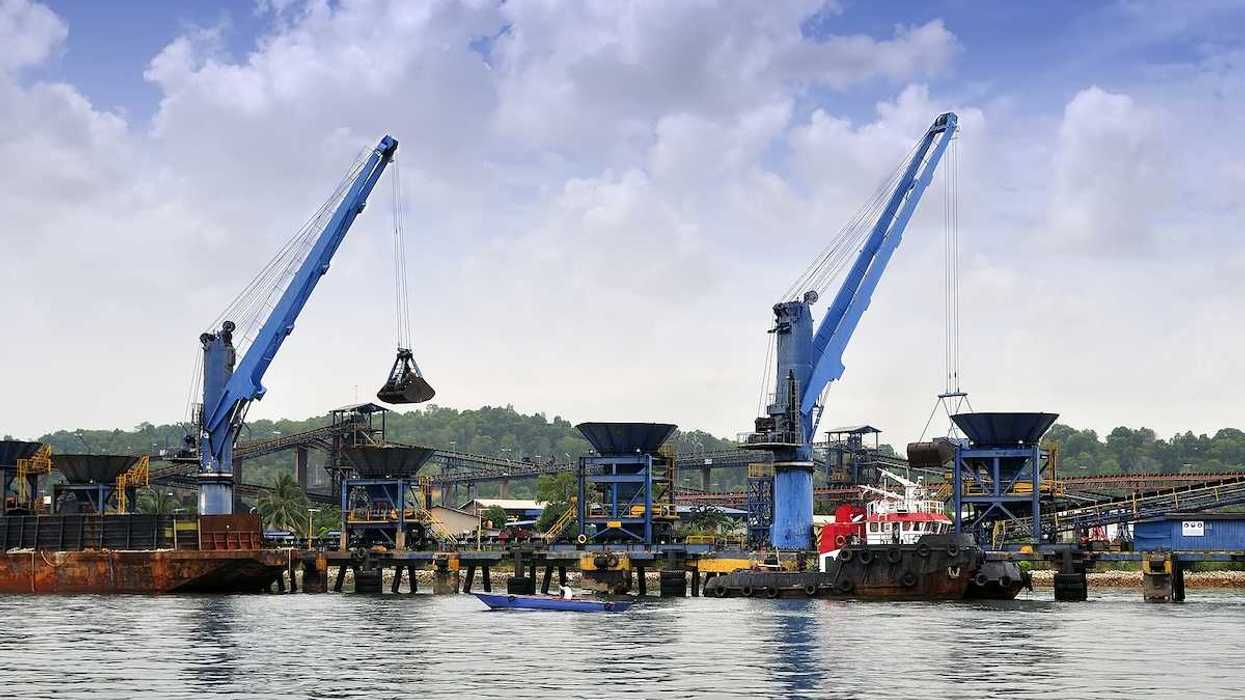Gov. Gavin Newsom's initiative to expand hydrogen as a renewable fuel in California is under scrutiny due to potential environmental risks.
Aaron Cantú reports for Capital & Main.
In short:
- California is trying to boost its hydrogen fuel industry with significant federal support, despite concerns over increased emissions.
- The proposed state Senate Bill 1420 seeks to define clean hydrogen sources, but may still allow for pollution-heavy methods.
- Critics argue the plan may not effectively reduce overall emissions and could divert clean energy from other uses.
Key quote:
“If we want to move away from fossil fuels, we have to ask, ‘What is the alternative?’ It all points to renewable hydrogen.”
— Janice Lin, President, Green Hydrogen Coalition
Why this matters:
Hydrogen fuel, often lauded for its ability to power vehicles and industries without emitting carbon at the point of use, holds promise for significant reductions in greenhouse gas emissions. Despite the environmental benefits touted, the production of hydrogen, especially through methods that rely on natural gas, can lead to increased emissions of methane and other pollutants unless carefully managed. This aspect of hydrogen fuel production has sparked a debate about whether the technology will indeed lead to a net reduction in emissions or merely shift the problem elsewhere.














